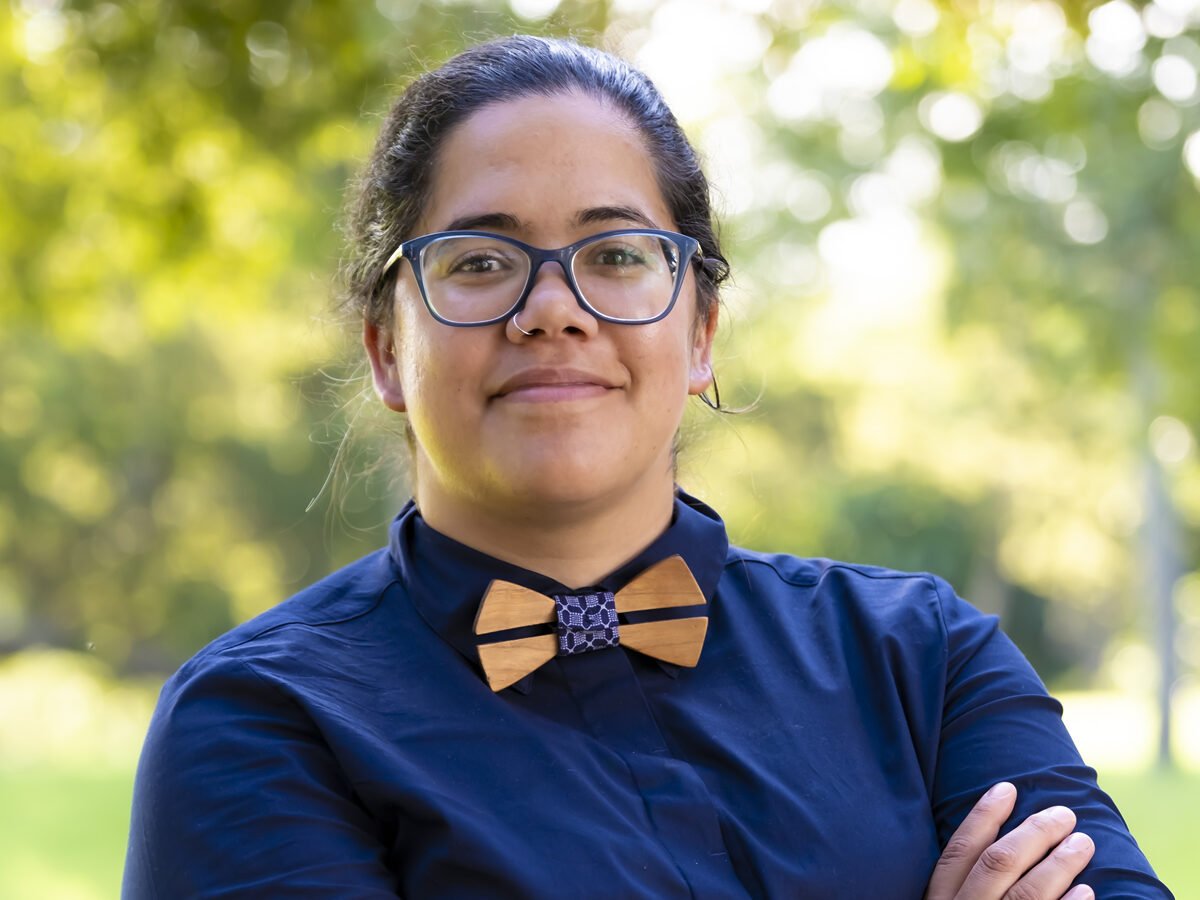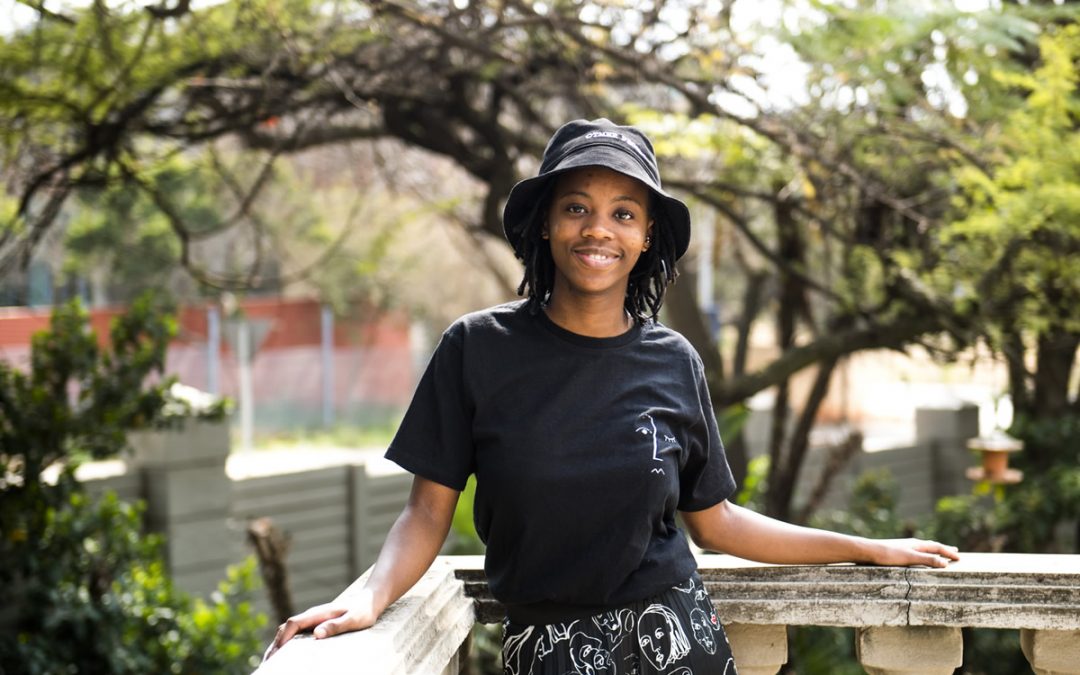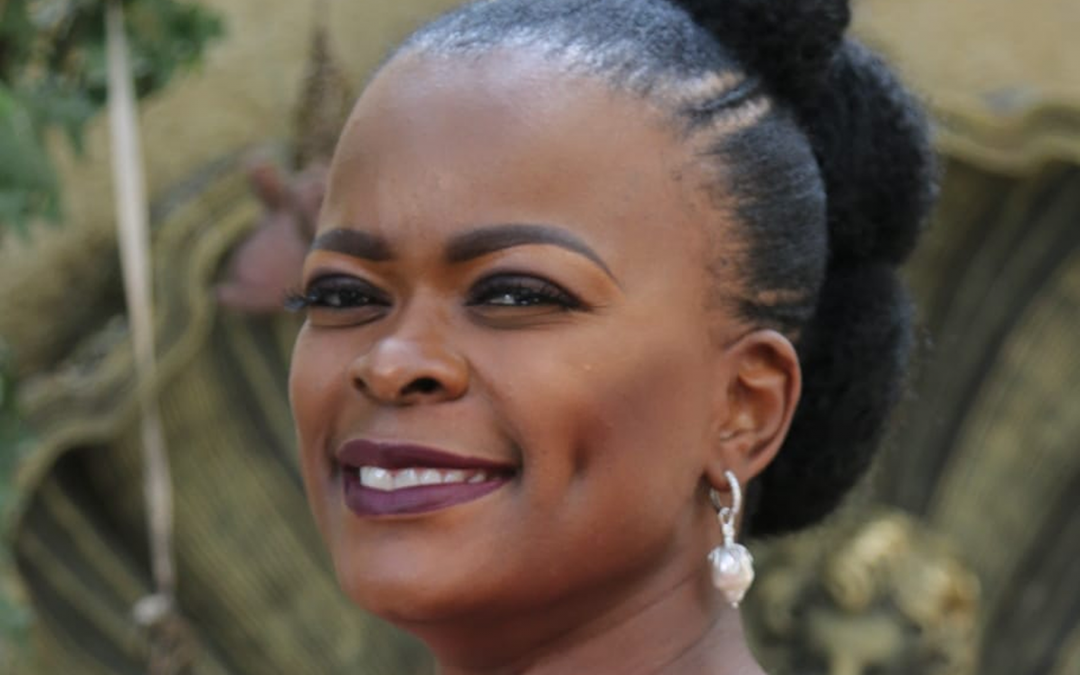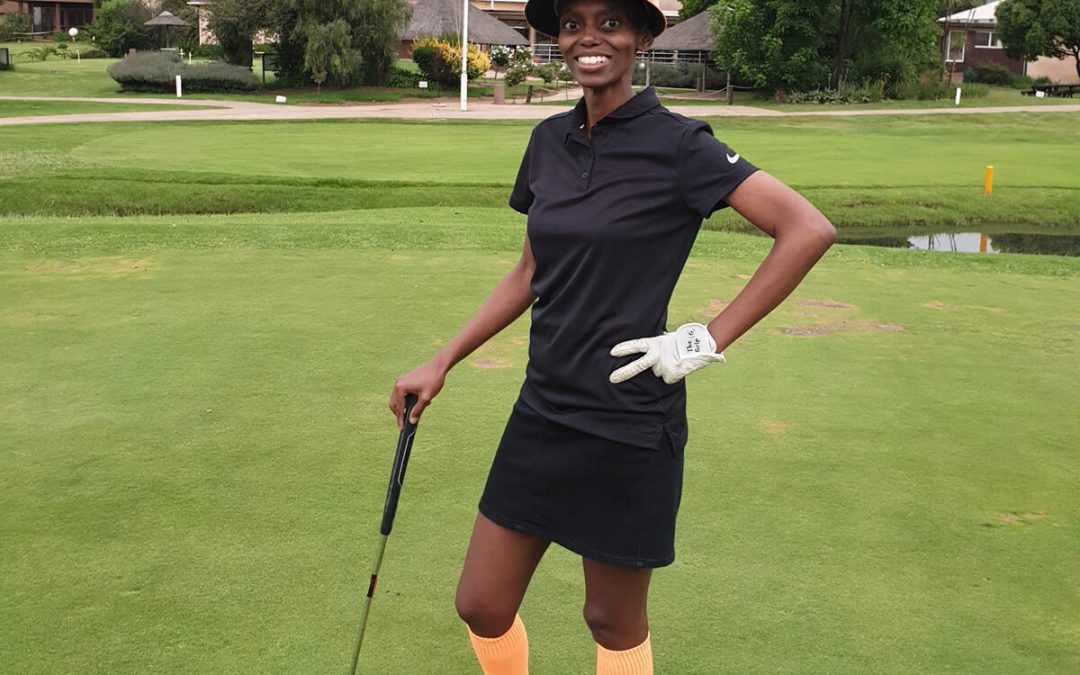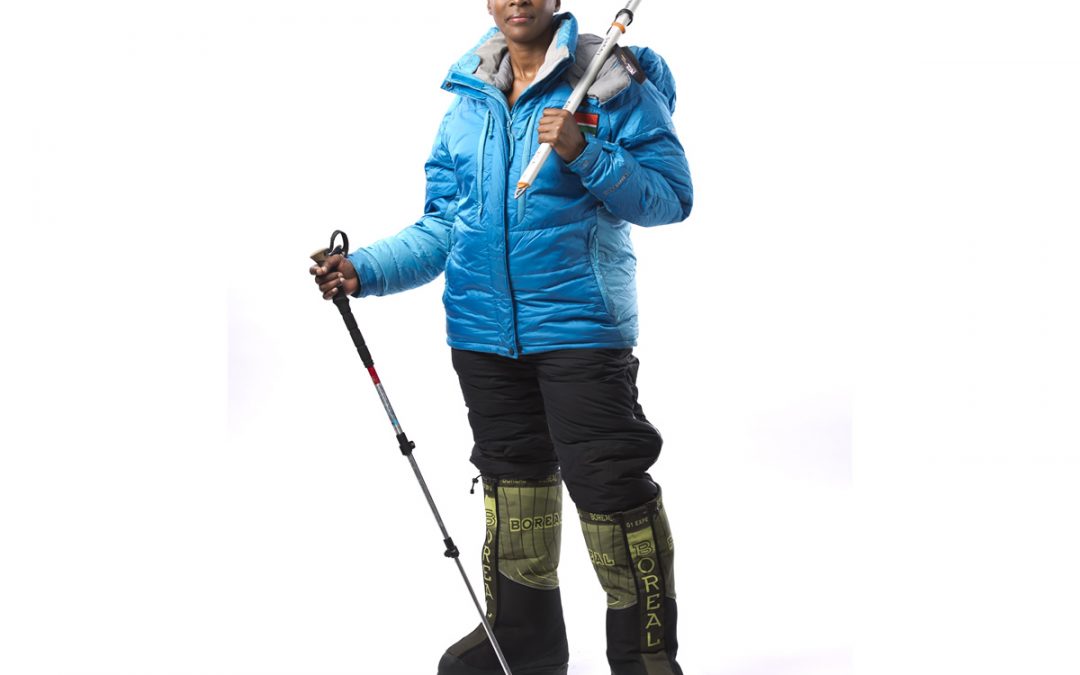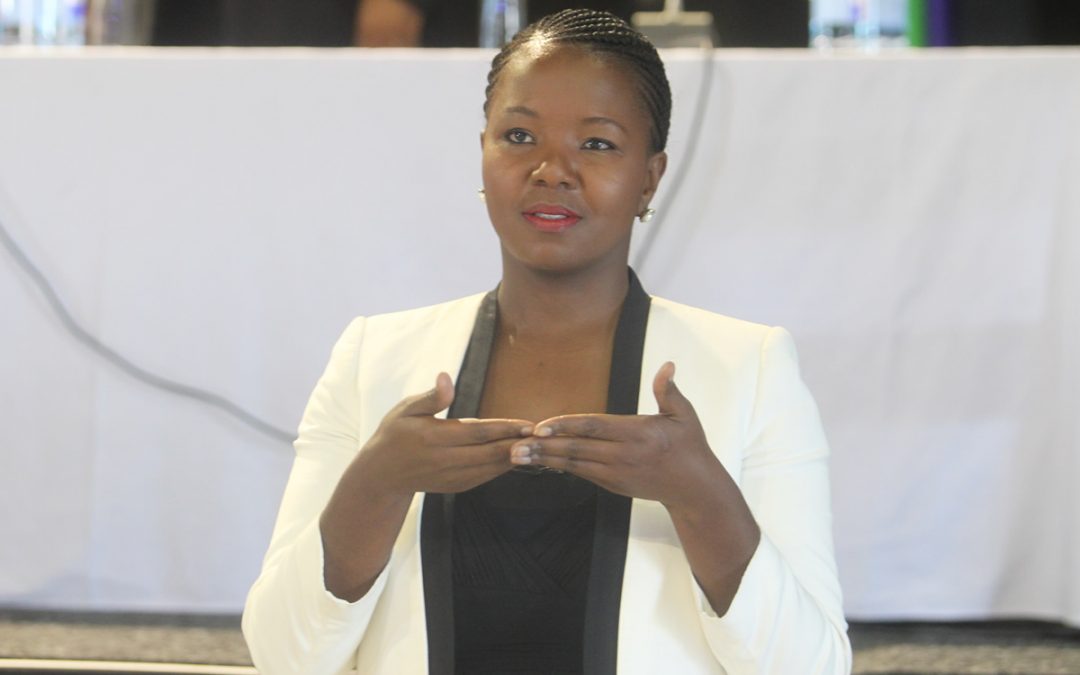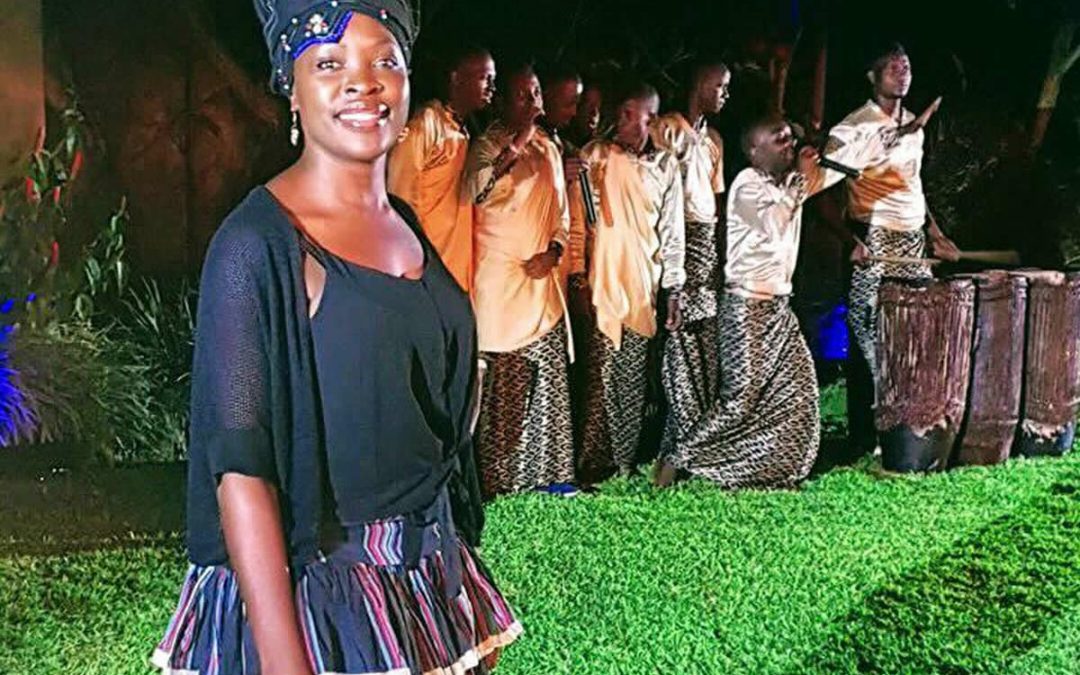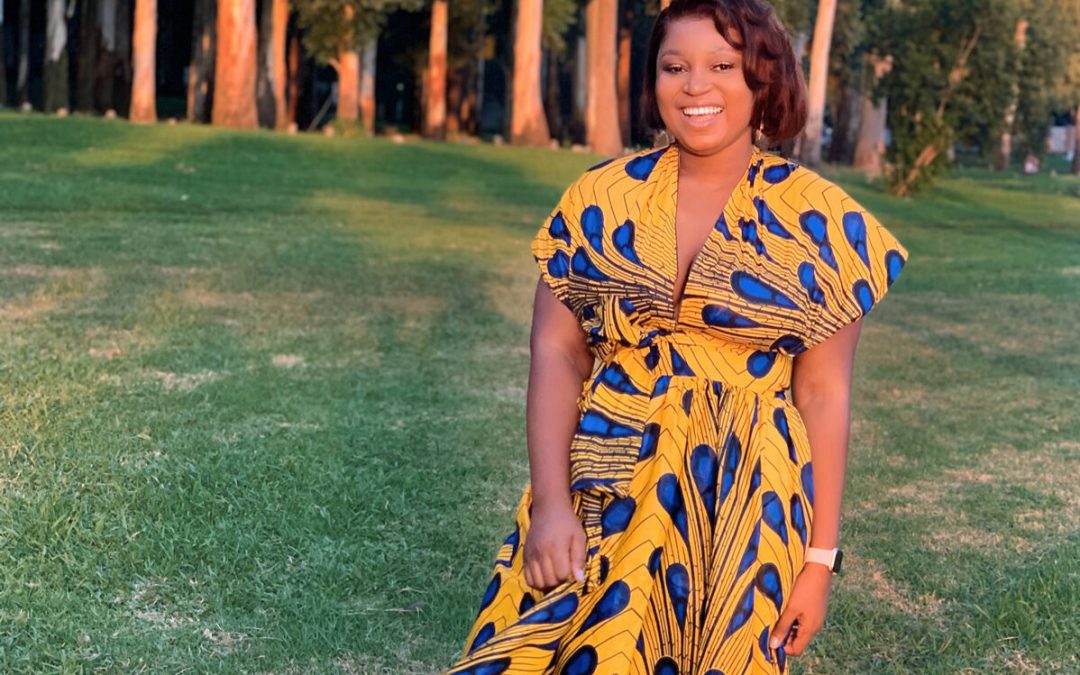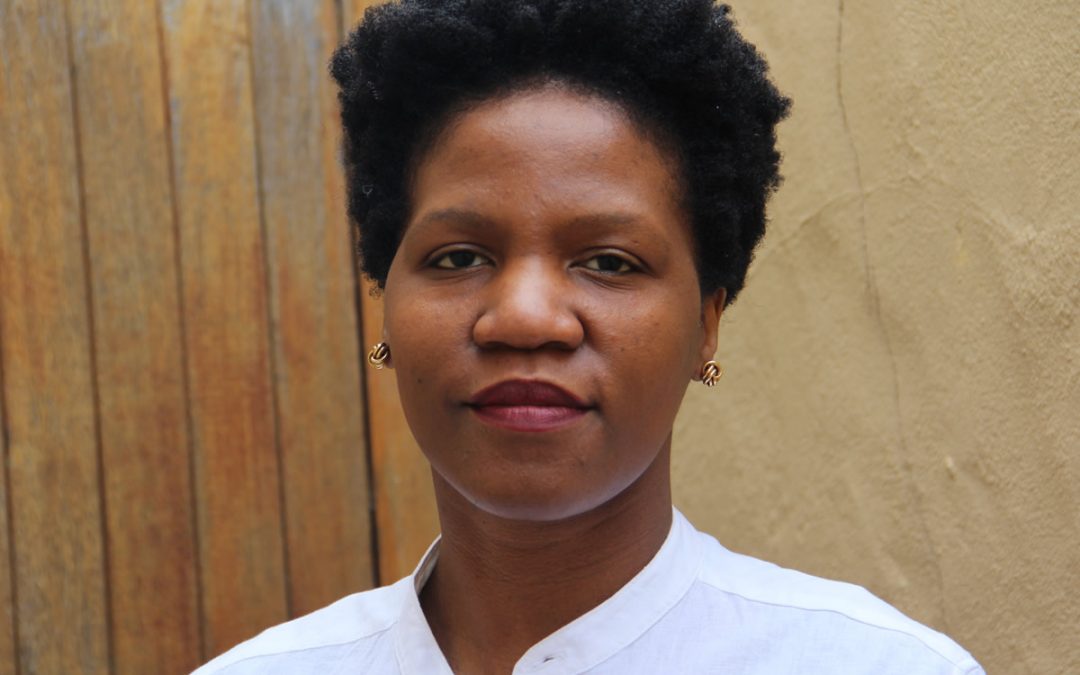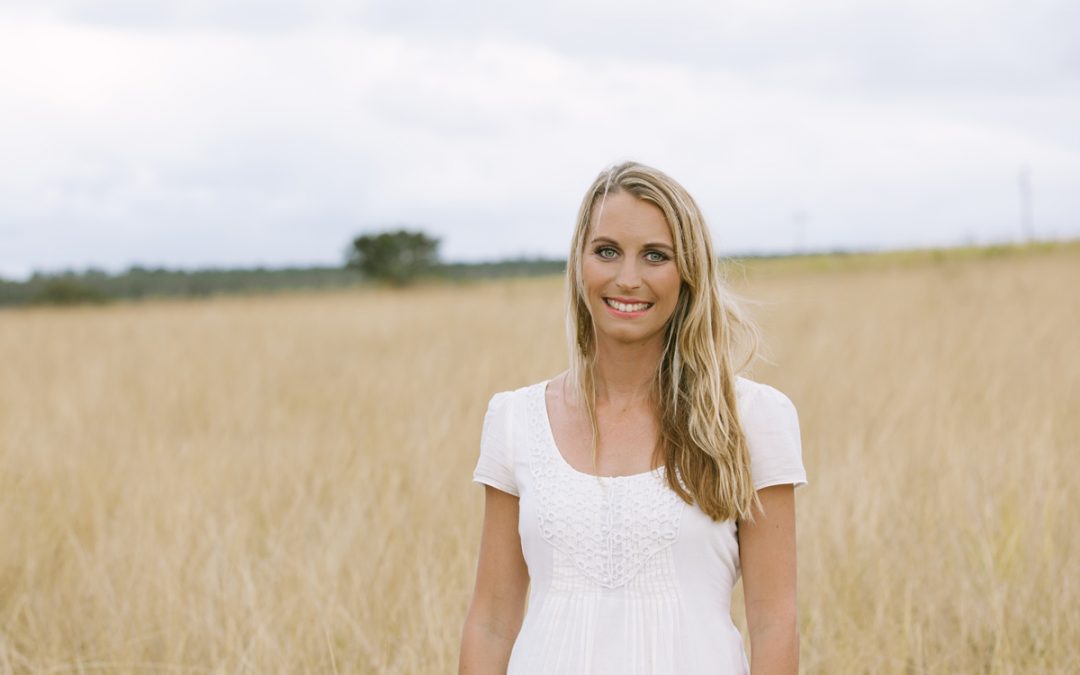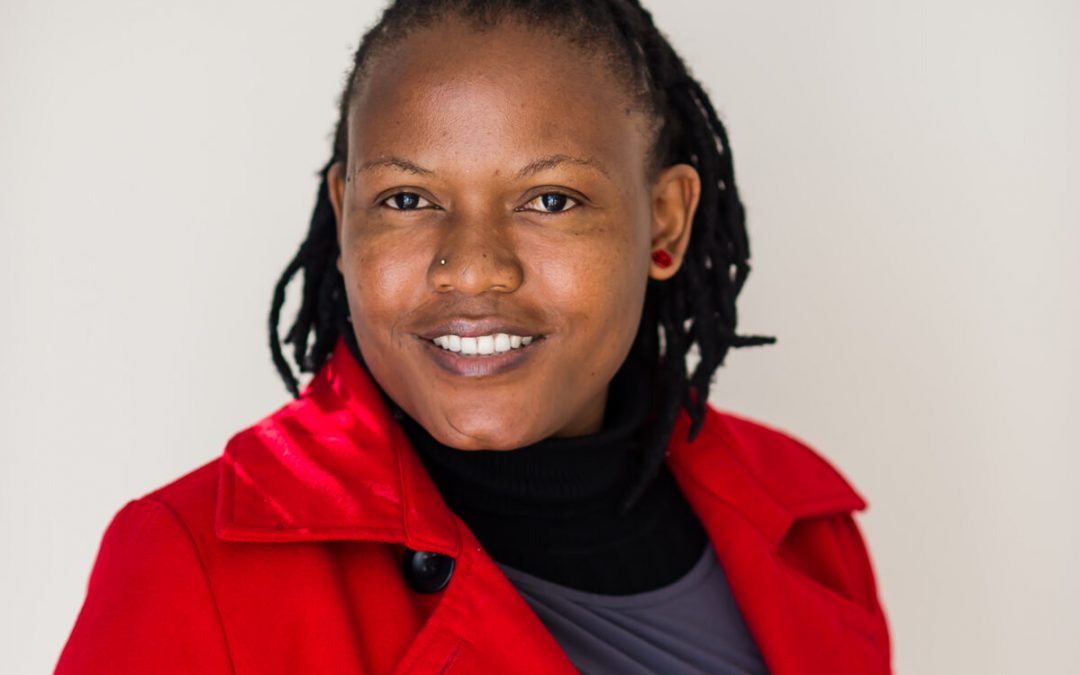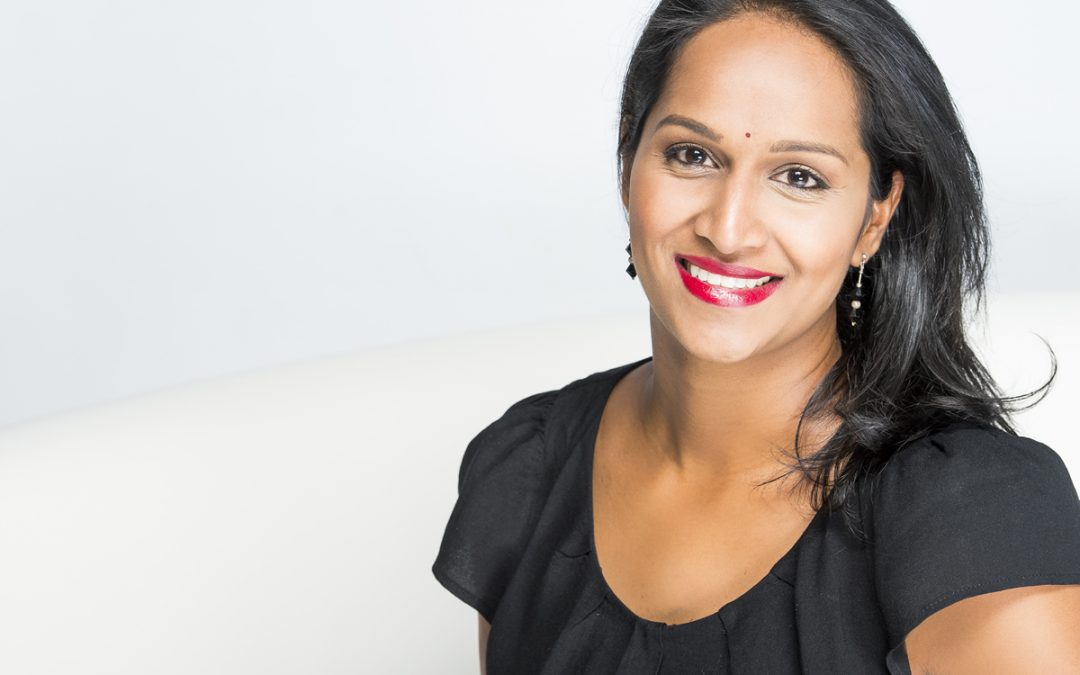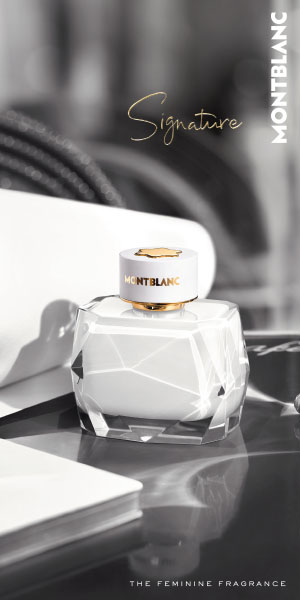A teacher turned education activist who advises young people to take up teaching as a way to contribute positively to society.
The Jakes Gerwel Fellowship is named after one of South Africa’s most prominent anti-apartheid activists and academics, Professor Jakes Gerwel. Throughout his life Gerwel earned a reputation for being an excellent scholar and activist for education. The fellowship grooms aspiring teachers with a passion for education and development and who wish to contribute to society, just like Gerwel.
Started in 2017, the fellowship runs young people through an extensive training and mentorship programme that provides them with the skills and knowledge to contribute positively to the country’s education sector. The fellowship was founded in response to the desperate demand for improving the impact and quality of teachers in South Africa, says Carla Watson, who heads up the programme. This year, Watson will launch and design the graduate intake of the fellowship, in which people under the age of 30 will be invited to participate.
Passionate about the role of education as a vehicle for social change, Watson sees her role in the education sector as fundamental for “developing young people into social justice agents” who are “grounded in empathy and inclusion.”
“The impact I want to make in education is rooted in the acceptance of people in all their being and just how they show up; I am intentionally influencing education to encourage holistic development. I want to increase my influence right through to the department of basic education, with the goal to communicate my vision for education to the president of South Africa.”
Most people remember their favourite teacher long after they have completed their studies. It is this power that teachers have in developing young minds that Watson says should be used to position teaching as an aspirational career.
She recalls how one of her students asked her why they should be at school writing essays. Watson was taken aback by the question and responded honestly by saying: “I don’t know.”
“In that moment I could have answered with the usual rhetoric (study hard and you’ll be successful) but instead by saying I wasn’t sure, I began the journey of redefining my personal currency of success: what success looks like is in fact a deeply personal, subjective idea. With any mistake, the learning from it is what drives me every day,” she says. The student in later years returned to Watson and told her that her honesty in responding to the essay question was helpful, something which she says she keeps “close to [her] heart”.
A child of educational activists, Watson’s entry into the education system was a continuation of her parents’ activist work in the sector. She realised that her fight for inclusive education was slightly different from her parents, who were activists in the sector during apartheid.
Soon after taking up a teaching post, she says she realised that she needed to take up space differently. She saw that teachers were often sent to the classroom with little or no support and therefore new teachers were unable to maximise their own potential.
Her work as head of the fellowship responds to the lack of development and guidance for teachers that equips them to excel. She says her work in the fellowship is “a direct, intentional intervention into the systemic challenges of new teachers; directly positively impacting the experiences of new teachers in classrooms where they are armed with self-awareness, emotional resilience and a clear vision of their legacy”.
As a queer person, Watson knows first hand the importance of visibility, acceptance and representation of marginalised people. She says this acceptance is “crucial, whether it’s [by] the principal, parent, colleague or student”.
“I have learnt the hard way of what it’s like to be undermined, less visible and simply not taken seriously because of who I am,” she says.
She says her experiences as a queer women sets the tone for her choice to always hold “the space for others to shine”.
“These barriers make me cross and I appoint myself to help others transcend this and step into themselves almost every day.”

